The workshop took place in Da Nang, within the framework of the visit to Vietnam of Prof. Dr. Jeffrey Glenn - Director of the Stanford Institute of Microbiology and Epidemiology, Dr. Edward Pham - Deputy Director, and many leading experts at Stanford, lasting from December 13-16 at the invitation of Tam Anh Research Institute, Tam Anh General Hospital System.
Many scientific activities aim to expand cooperation between Vietnam and the US in specialized medical science to deploy new research and inventions in medicine and health care for people right in Vietnam.

Prof. Dr. Jeffrey S. Glenn was welcomed at the airport by representatives of the Tam Anh Research Institute.
Welcoming the delegation, Professor Nguyen Van Tuan - Director of Tam Anh Research Institute, said: “Instead of just going abroad to study and research, Tam Anh Research Institute strives to invite more and more world-class experts and researchers to Vietnam. We want to consult new perspectives and assessments, take advantage of international wisdom on medical issues, epidemics and research, production of new vaccines and drugs in Vietnam, in accordance with epidemiology and the actual situation of Vietnam”.
At the conference, as a leading expert in bacteriology & antiviral drug development, Professor Jeffrey Glenn presented a report on “New method of treating hepatitis D” which attracted experts, as Vietnam still does not have testing techniques and vaccines to prevent this disease. Professor Jeffrey Glenn said that the Stanford Institute of Microbiology & Epidemiology has promoted training in hepatitis D testing techniques for the Testing Center, Tam Anh General Hospital System.
Experts warn that people with hepatitis B and D at the same time will progress to cirrhosis faster and increase the mortality rate. The epidemic is like a war, new treatments and vaccines play an important role, need to start early.
In the field of research and development of biotechnology and new drugs, the head of Stanford said that the two sides will orient a feasible model to develop a community of doctors motivated to conduct clinical research in Vietnam. Vietnam needs to promote more research, receive technology transfer to produce high-tech drugs, biotech drugs, and new drugs to meet the needs in urgent cases such as epidemics and new infectious diseases. The two institutes will jointly build a modern laboratory system for clinical drug trials at Tam Anh Research Institute according to strict standards from Stanford.
The application of robots and artificial intelligence (AI) in medical examination and treatment according to new trends was also discussed by both sides. Experts from Tam Anh General Hospital System introduced practical experience in applying AI robots in brain tumor surgery, cerebral hemorrhage stroke; AI embryo culture technology, improving the success rate in in vitro fertilization; Application of super "AI algorithm" in imaging, measuring fetal heart structure, detecting the smallest abnormalities. Tam Anh General Hospital System also applied virtual reality technology "Magic Eye" Knee+ in artificial knee arthroplasty; non-surgical intervention for benign prostatic hyperplasia with the help of AI, "super-selective" of the right blood vessels that need intervention.
Stanford representatives believe that technological breakthroughs will help the medical industry change dramatically. Applying AI technology can shorten the process of producing new drugs that are suitable for each person.

The international conference between Tam Anh Research Institute and Stanford Institute of Microbiology and Epidemiology took place in Da Nang on December 15.
In the field of preventive medicine, Dr. Bach Thi Chinh - Medical Director, VNVC Vaccination System presented basic infectious diseases in Vietnam and vaccines to prevent them with American experts, thereby finding better ways to deal with them. Currently, Vietnam has vaccinated against measles, mumps, chickenpox, rubella, whooping cough, diphtheria, hepatitis B... but there is no vaccine for dengue fever or hand, foot and mouth disease.
Professor Harry B. Greenberg, MD, Advisor to the Stanford Institute for Microbiology and Epidemiology, said that demographic changes, rapidly evolving infectious diseases, and the speed at which new drugs and vaccines are released cannot keep up with the speed at which new diseases arise. The demand for medicines, care, health check-ups, and disease prevention is increasing.
He highly appreciated the preventive medicine capacity at VNVC, saying that the VNVC model is unique in the world, and can be published in international journals about a model of vaccination implementation. “The VNVC model has greatly contributed to the universalization of vaccination not only in Vietnam but also in the world, improving the fear of vaccination of many people thanks to effective communication and community education projects,” said Professor Greenberg.
During the visit and work, Vietnamese and American experts also discussed many major topics of the times such as: The ability to program antiviral drugs, The future of new biotechnology, Transferring basic biomedical research into new treatment applications... Professor Jeffrey Glenn assessed that Tam Anh owns a large hospital system, research institutes, hundreds of vaccination centers nationwide and builds a university focusing on basic science capacity, showing enough stature to become an ideal partner of Stanford.
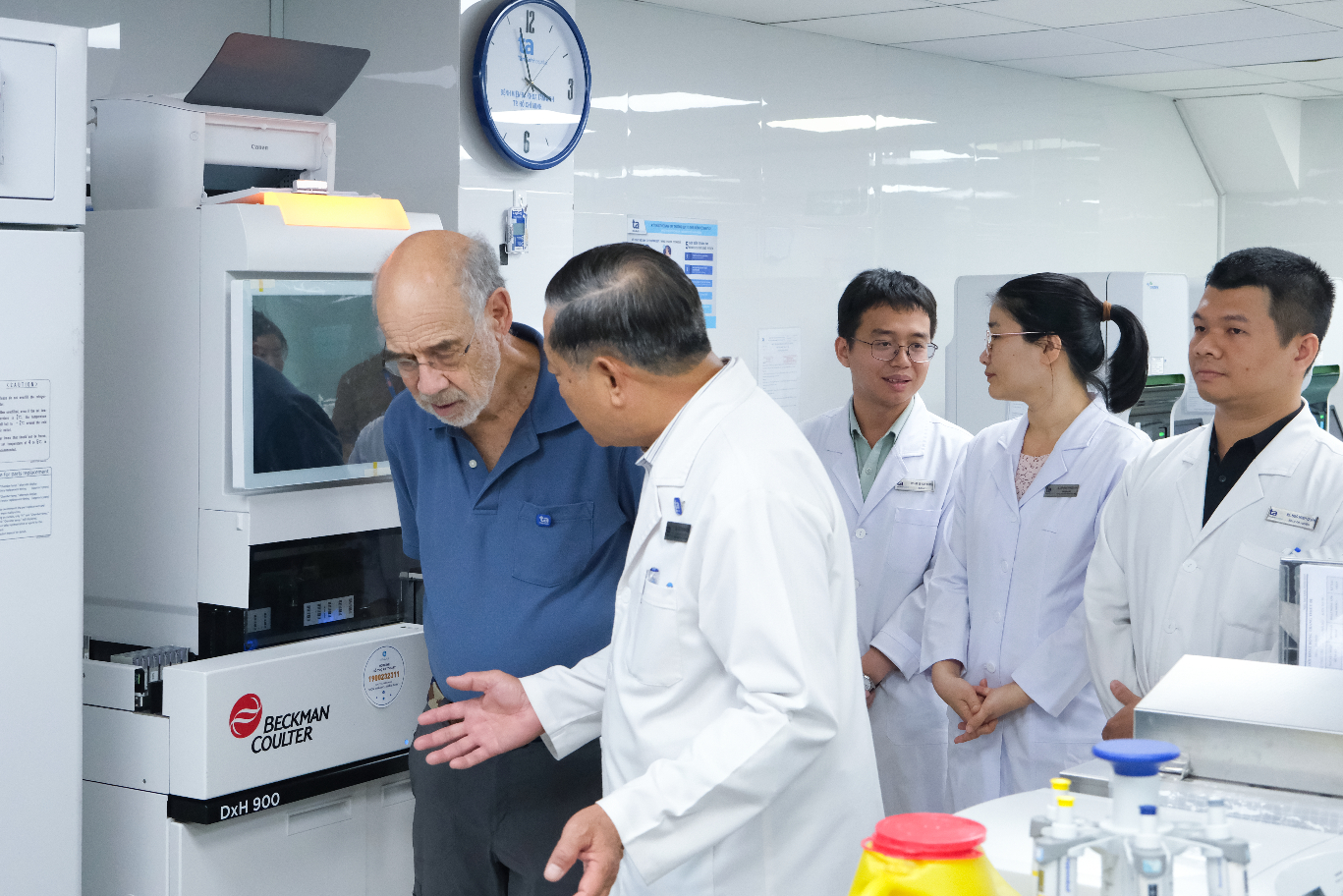
Prof. Dr. Harry B. Greenberg - Consultant of Stanford Institute of Microbiology and Epidemiology (blue shirt) visited the ISO 15189_2012 certified Testing Center at Tam Anh General Hospital.
Professor Nguyen Van Tuan said that the event is of great significance in implementing the strategies on medicine and health care that Tam Anh Research Institute and Stanford Institute of Microbiology and Epidemiology signed in September 2023. The goal of the two sides is to promote cooperation in training, research and development of biotechnology, new drugs; application of AI technology and construction of a modern laboratory system for clinical drug trials at Tam Anh Research Institute.
The event continues to affirm the effort to bring Vietnam closer to world science in the new era, through the important role of professors and scientists.
PV
Source
































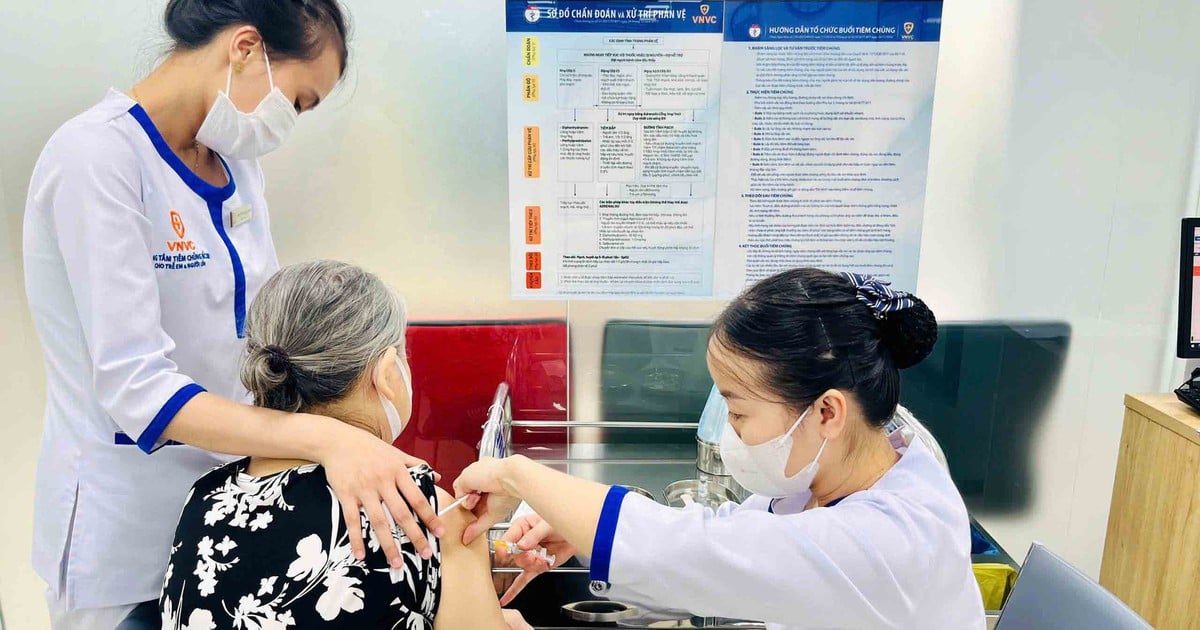


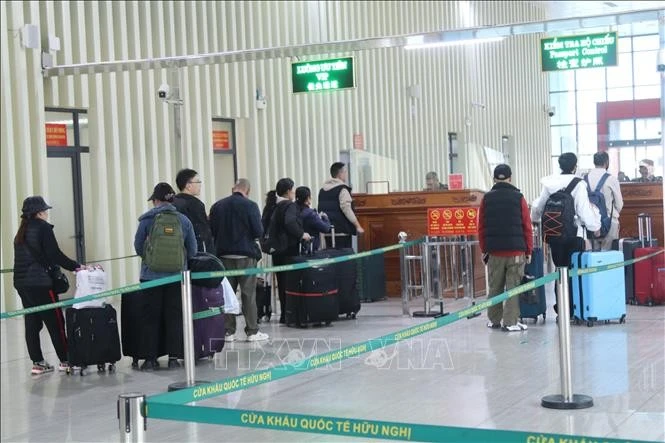
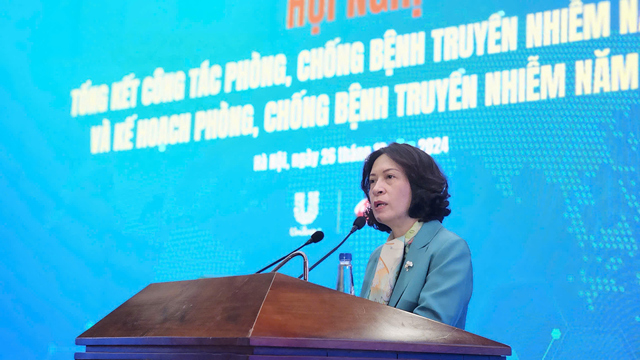




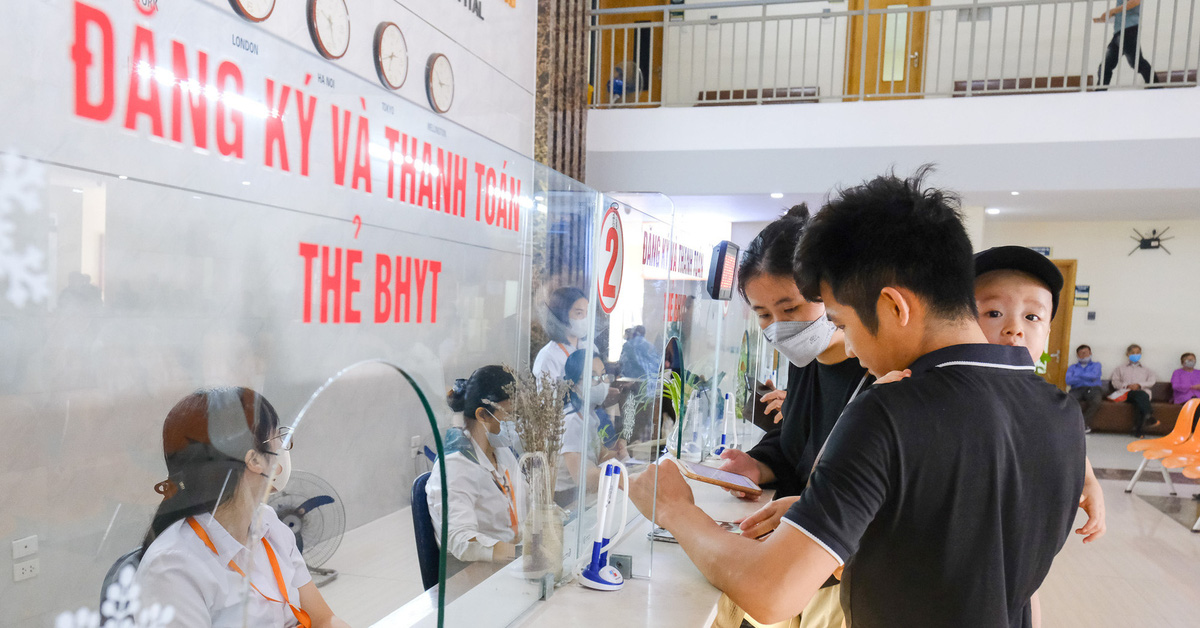

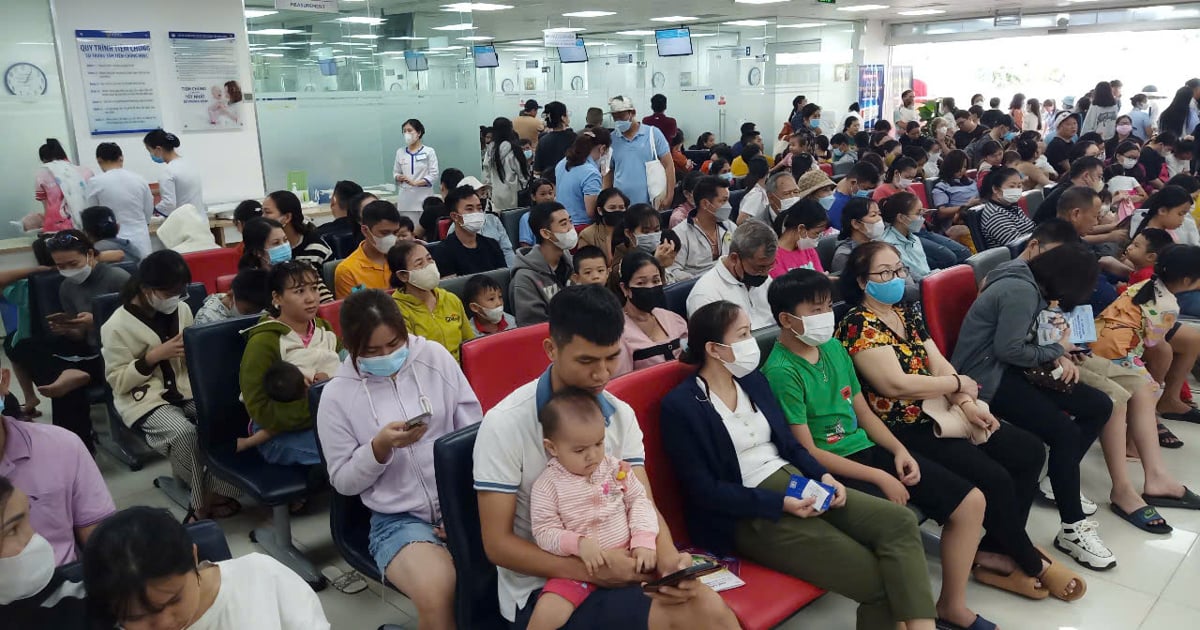





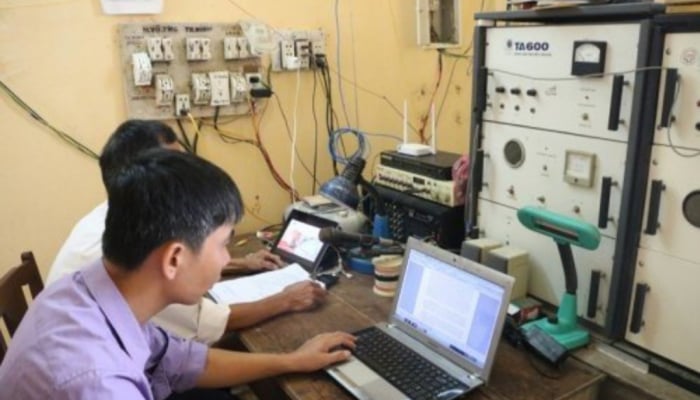
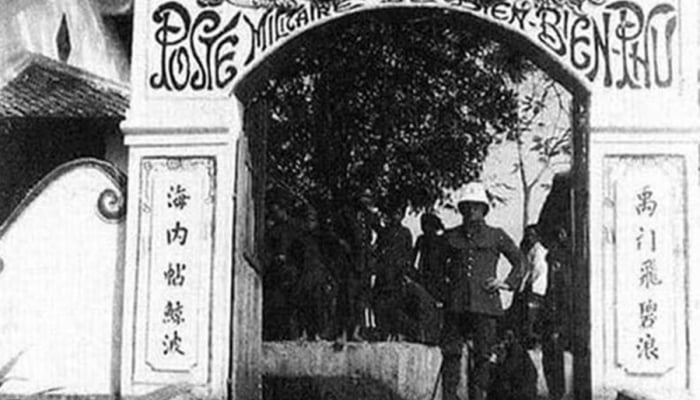














Comment (0)